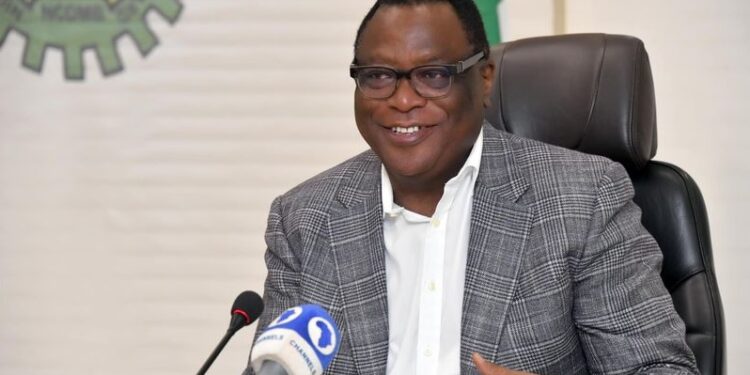By John Ikani
The Executive Secretary, Nigerian Content Development and Monitoring Board (NCDMB), Engr. Felix Omatsola Ogbe, has charged managers of Africa’s extractive industry to adopt some of the local content initiatives that have worked well in the oil and gas industry as they seek to develop the mineral and mines sector to deliver optimal value for their economies.
Particularly, he charged them to integrate local capabilities and resources into the delivery of opportunities and projects in a safe and environmentally responsible manner to achieve a high level of economic success, unfettered freedom to operate, improved health standards, and longer life expectancy.
He was equally emphatic on the need to develop standards and legislation on acceptable and best practices for local content to guide operations in that sector.
In a keynote address at this year’s African Natural Resources and Energy Investment Summit in Abuja on Thursday, the NCDMB boss, represented by the Director, Corporate Services, Dr. Ama Ikuru, stated that once the standards are in place, local content could support the use of human capital, materials, tools, financial resources, intellectual property and processes.
Engr. Ogbe noted that “Local content has a direct link to the economic performance of a country and strengthens the gross domestic product of the economy.” According to him, “The higher the level of local content of a country, the higher the level of development, standard of living, gross domestic product, life expectancy, and the overall productivity of the country.”
He said local content is “the value of the things that we do ourselves, using our resources in our country, which otherwise would have been imported,” pointing out that every nation should endeavour to embrace the economic planning principle to avoid dependency on the supply chain of other countries.
Drawing from Nigeria’s two decades of local content practice in the oil and gas sector, he prescribed a number of measures that would aid the exploitation of resources in the extractive industry in sister African countries. He called on them to “Develop clear and compelling local content legislation that would define targets and guidelines for successful integration of the people and thus build trust.”
The NCDMB boss also wants them to prioritise technical and vocational training to provide skills needed by the workforce and to support local manufacturing and patronage of locally made goods, particularly products manufactured for the oil and gas sector, such as safety gears, bolts, nuts, flanges, components and pressure vessels.
In concluding his presentation, he enjoined all African states “to treat the environment as a precious treasure handed to us to keep for posterity.”
This year’s Africa Natural Resources and Energy Investment Summit (AFNIS24), with the theme “Natural Resources for Economic Development” was conceived to create a pan-African platform for the exchange of ideas on project development and investment within the context of energy transition.
The summit was attended by participants from several African countries that host mining activities and it included an exhibition by some companies, organizations and state governments that host mining operations.




































